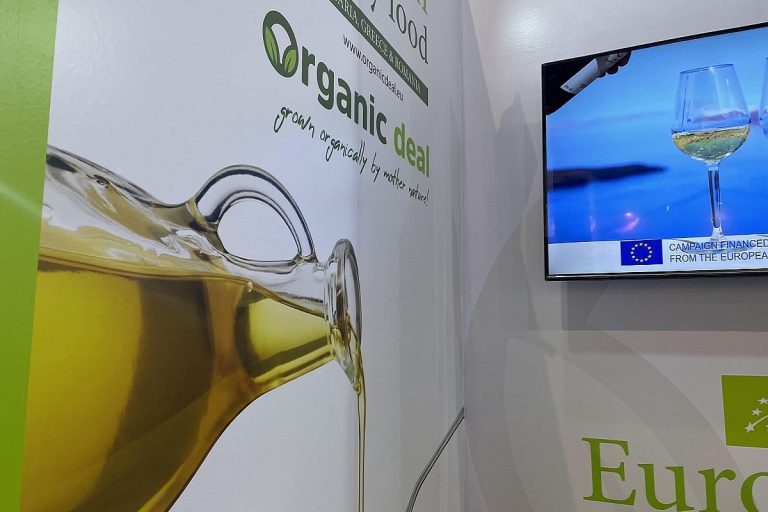Dubai, United Arab Emirates – In recent years, there has been a remarkable shift in consumer preferences towards healthier and more sustainable food choices. This global movement has given rise to the popularity of organic products, with Europe emerging as a hub for high-quality organic food and beverages. European organic products have gained a reputation for their stringent quality standards, sustainable farming practices, and commitment to preserving the environment. We will delve into the allure of European organic products, exploring their benefits, the certification process, and their contribution to a greener and healthier future.
Quality and Safety Assured:
European organic products are synonymous with quality and safety. The European Union (EU) has established strict regulations governing the production and labeling of organic products, ensuring that they meet the highest standards. These regulations prohibit the use of synthetic pesticides, genetically modified organisms (GMOs), and growth hormones. Organic farmers in Europe adhere to environmentally friendly practices, emphasizing biodiversity, soil health, and animal welfare. This commitment to natural methods and sustainable farming techniques results in products of exceptional taste and nutritional value.
Traceability and Certification:
One of the key factors that set European organic products apart is the rigorous certification process they undergo. The EU has established a comprehensive system that guarantees the traceability of organic products from farm to fork. Each product labeled as “organic” must be certified by authorized bodies, such as the European Organic Certifiers Council (EOCC) or an equivalent certification body within the member states. This certification ensures that consumers can trust the organic integrity of the product and be confident in its origins, production methods, and compliance with organic regulations.





